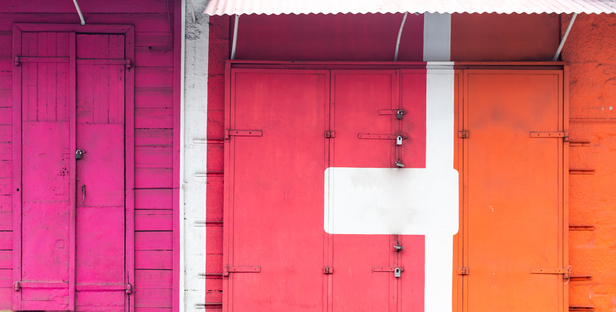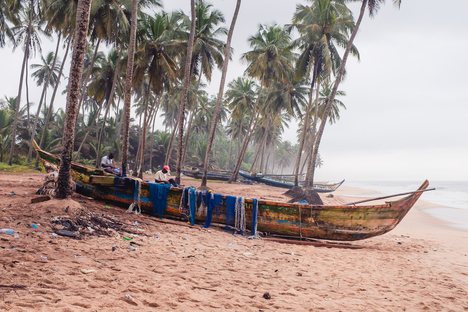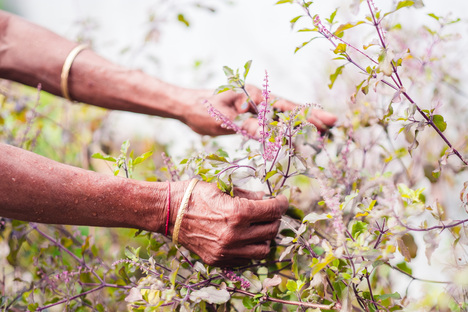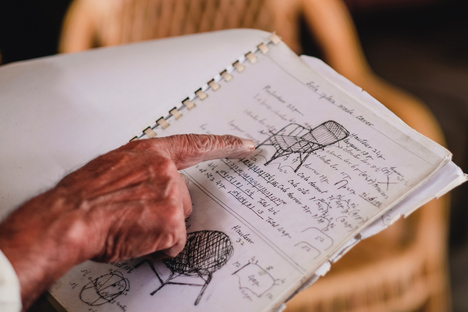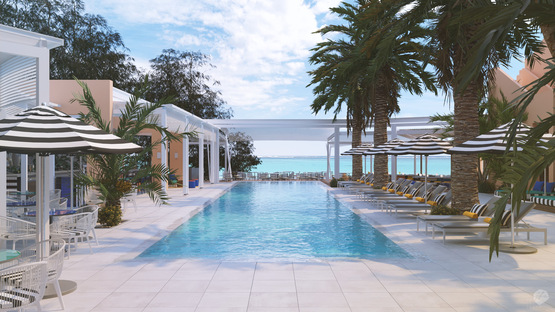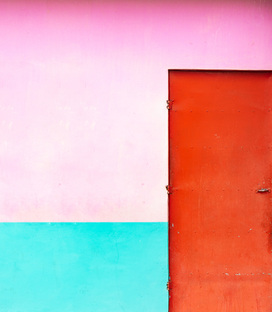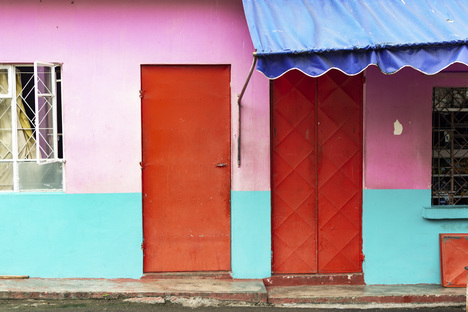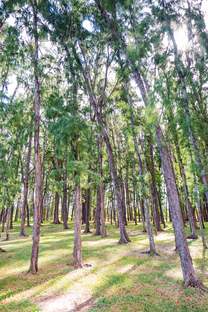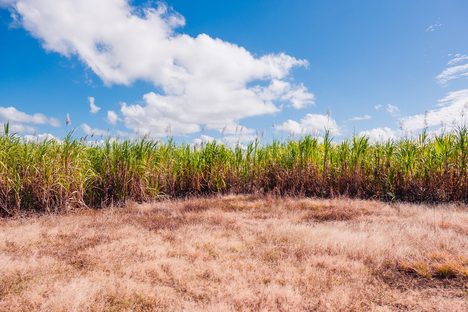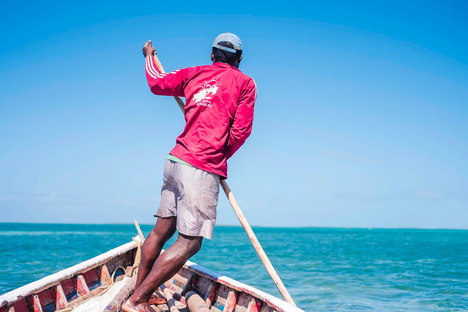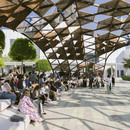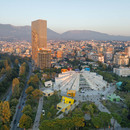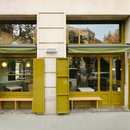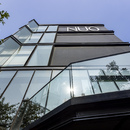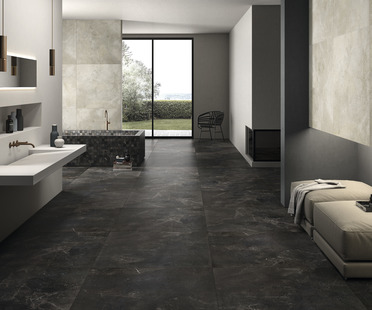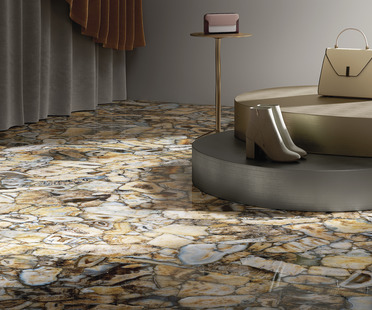04-10-2018
SALT of Palmar, a hotel complex reborn in sustainable key
Jean Francois Adam,
Paul Choy,
Mauritius,
Refurbishment, Camille Walala,
- Blog
- Sustainable Architecture
- SALT of Palmar, a hotel complex reborn in sustainable key
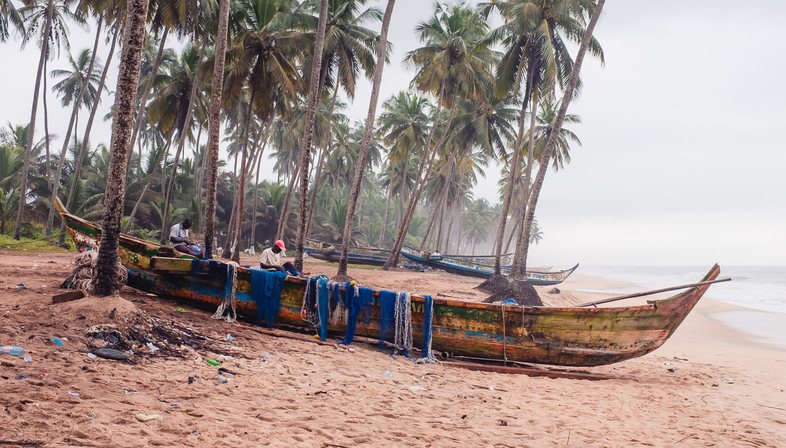 The relaunch of an existing hotel complex reinterpreted by the architect Jean Francois Adam and the designer Camille Walala in terms of architecture and content paves the way for a new take on your holiday experience for tourism that focuses on the surroundings and the local population.
The relaunch of an existing hotel complex reinterpreted by the architect Jean Francois Adam and the designer Camille Walala in terms of architecture and content paves the way for a new take on your holiday experience for tourism that focuses on the surroundings and the local population. A lot of people like to travel and rampant tourism doesn't just bring advantages to the destinations visited, as we have seen in particularly packed places like Venice and Barcelona, to name but two cases surrounded by a lot of controversies.
The fact that there may be other solutions for sustainable tourism is demonstrated by SALT of Palmar, the first of a new chain of Boutique Hotels just launched by Paul Jones of Lux Collective in the name of a philosophy that puts cultural curiosity at the forefront. Located on the east coast of the island of Mauritius in the south-east Indian Ocean, the complex is the end result of the revamp of an existing facility that didn't require major construction work, simply adapting what was there to the new needs to create a hotel with 59 rooms.
This refurbishment was carried out by architect Jean Francois Adam, who was born in Mauritius so knows the particular context of the island, from the climate to the materials and including the construction techniques, together with the French designer Camille Walala. Walala, already known for her tribal-pop style sought inspirations and talents all over the island to furnish the hotel. So at SALT you get local fabrics, artisans from Mauritius crafted the dishes in the restaurant, as well as the beach bags made from recycled plastic, for a spirit of a place marked by the life of the islanders and that first and foremost brings advantages to the population.
The reference to the natural environment and to respecting it can also be found in the cuisine. A team of local cooks have put together the menus, which change every day in response to what the local growers, fishermen and farmers bring that day. Fruit and vegetables are sourced exclusively from local organic farms; everything is seasonal and made in small quantities or preserved using traditional techniques. The SALT Farm also collaborates with Island Bio, a local NGO that supports the local population with farm training and hydroponically growing fruit and vegetables on the hotel's land.
A really sustainable approach that also embraces a “no-waste-policy”, avoids disposable products and promotes the inclusion of the population as a workforce. This policy, which is already bearing fruit even before it opens in November, has united a colourful community of locals who are all proud to be part of a business run by local people and that really taps into the culture and heritage of the country it stands in. The perfect place for a holiday with a positive impact.
Christiane Bürklein
Architecture project: Jean Francois Adam
Interior design: Camille Walala
Location: Mauritius
Year: 2018
Images: Paul Choy
Find out more: https://www.saltresorts.com/










